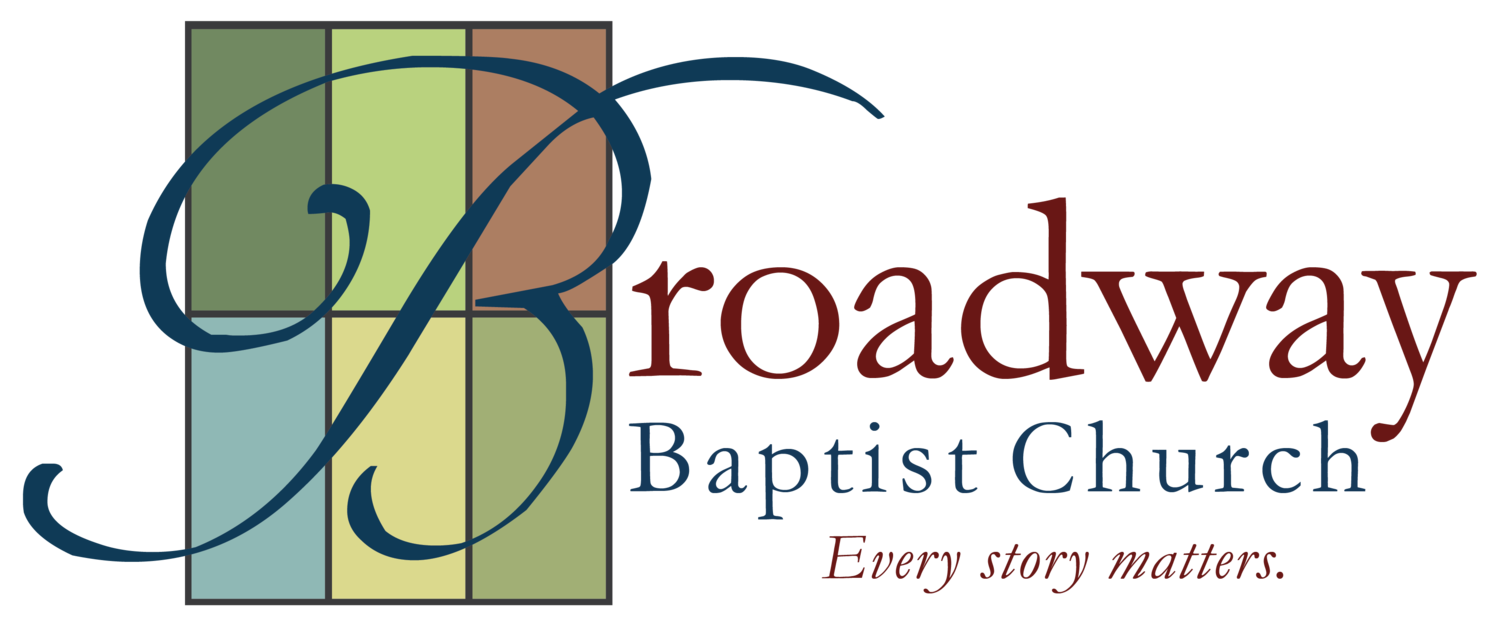Synopsis:
In what is know by many as the Great Commission, Jesus sends his disciples into the world on mission but not alone. He sends them in the fellowship of the Trinity, in one of the rare moments in scripture where the trinitarian formula is shared. This concept will create the first major theological debates in the Early Church, but the core of the trinitarian controversy is a question of relationship. Is God, how the Greek Philosophers imagined God, a Prime Mover, pure, distance, and untouched by humans suffering? Or, is God as the Hebrews confessed and as Jesus revealed, a God marked by cruciform love, eternally committed to relationship with the children of God and creation itself? Jesus sends his disciples not on a mission to promote a new religion, but to announce the Good News that God invites the whole of creation, neighbors and enemies, strangers and family, into the trinitarian dance of love.














